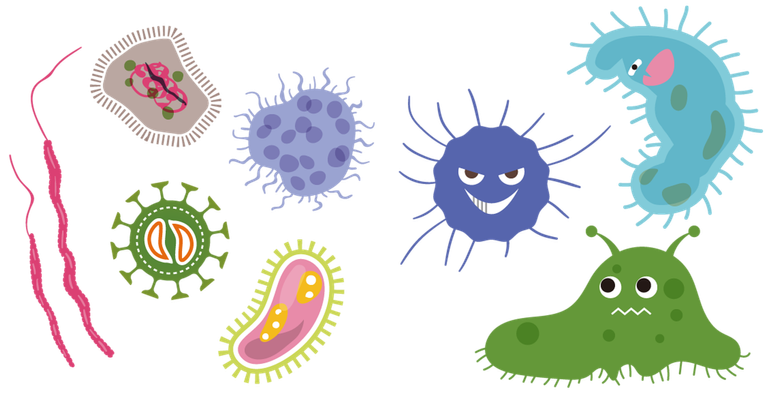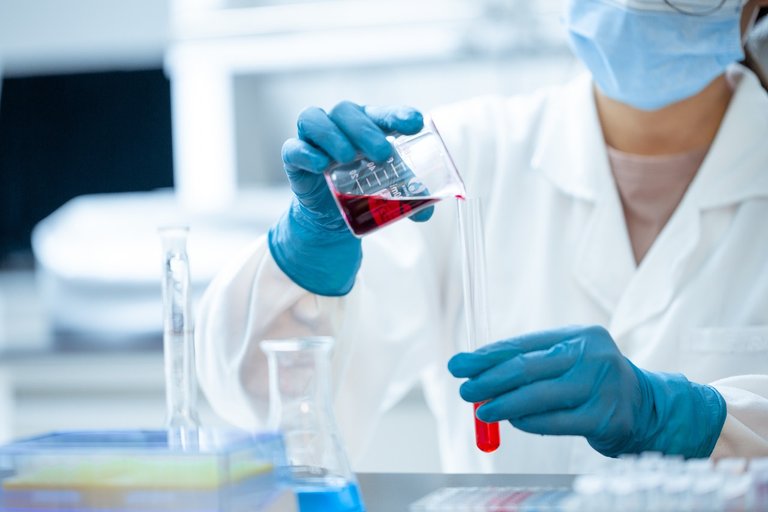Bacteria and fungus that feed on polyurethane plastic. An alternative for the care of the environment.

Source: pixabay.com
The name of this bacterium is Ideonella sakaiensis, its fascinating method of action can transform highly toxic and planet-poisoning poly (ethylene terephthalate) plastics (PET) into poly(3-hydroxybutyrate) (PHB) plastics that are biodegradable. PET plastics are responsible for the contamination and poisoning of the seas, lakes and rivers, they are not easily destroyed and their residues are capable of destroying animal species as well as affecting human life, and there are even diseases such as cancer related to the excessive use of PET in people's daily activities.

Source: pixabay.com
Perhaps this bacterium is a solution to part of the problems of PET contamination, research conducted by the team of the Kyoto Institute of Technology, Japan, reported that this bacterium uses two enzymes, which are responsible for the PET degradation process, these enzymes are: PETase and METhase, the proposal of the scientists aims at the controlled and large-scale use of this bacterium to destroy the tons of PET plastic that are causing great pollution and death by poisoning of species on the planet.

Source: pixabay.com
Another of the discoveries that is in this same line of research, was made by a group of researchers led by Dr. Herman Heipieper of the Helmholtz Center in Germany and is a fungus found on the surface of the soil where there is the accumulation of large amounts of PET plastic this is called Aspergillus tubingensis and its discovery was made in a landfill in Pakistan, its action is in the enzymes that feed on the surfaces containing polyurethane which causes a degradation of the same.
Both discoveries are already beginning to be tested on a large scale for the decontamination of seas, rivers and lakes. As well as in industrial areas where this kind of waste has been stored for decades. Let's hope that they will be beneficial for each and every one of the beings and species that inhabit the planet.
Sources used
Global seafood (2020).
Pesquisa Digital Magazine (2021).
Revista Digital Alcanzando el conocimiento (2021).
I did not know about this bacteria and fungus, could it be that nature is creating its own defenses against pollution? it is interesting. Thanks for sharing